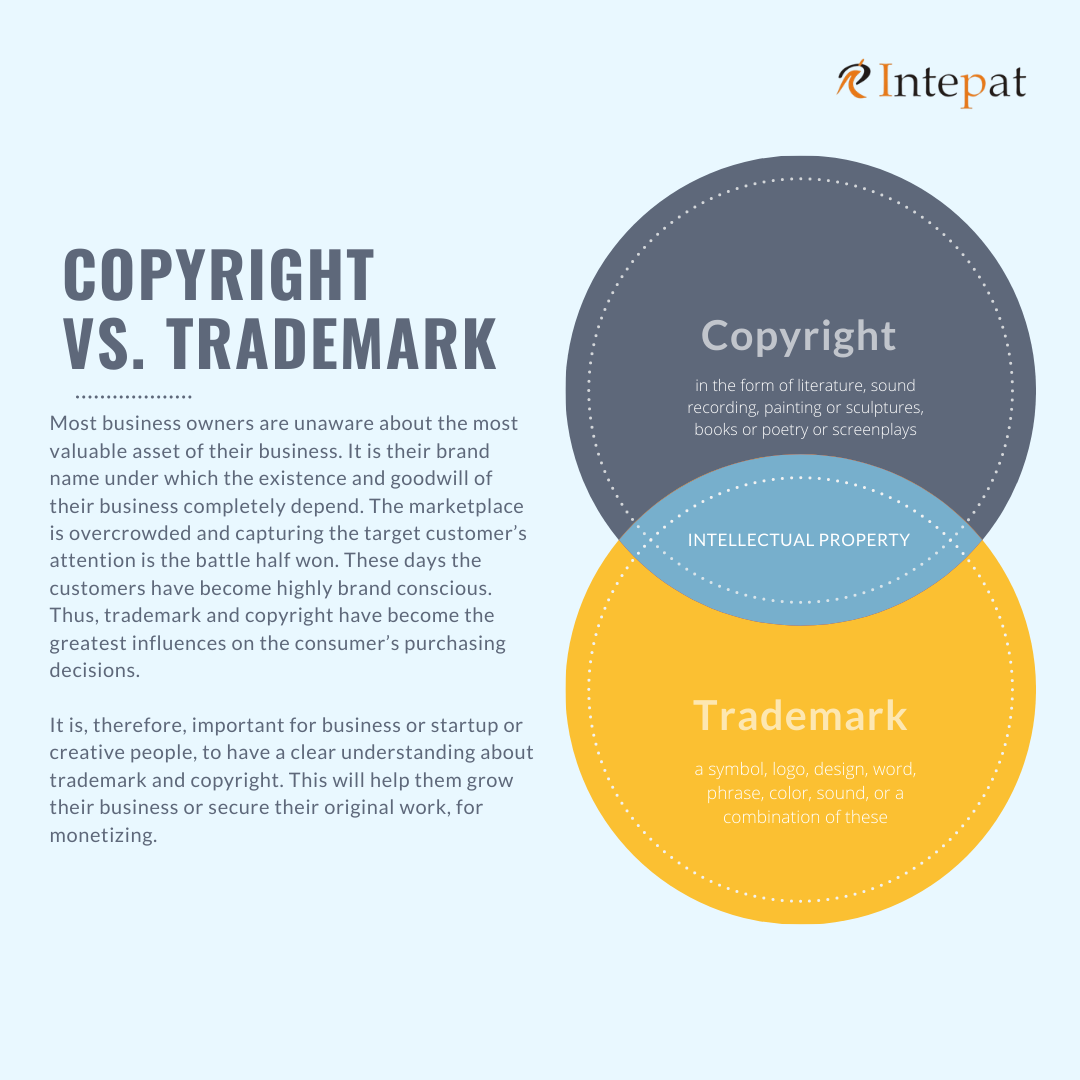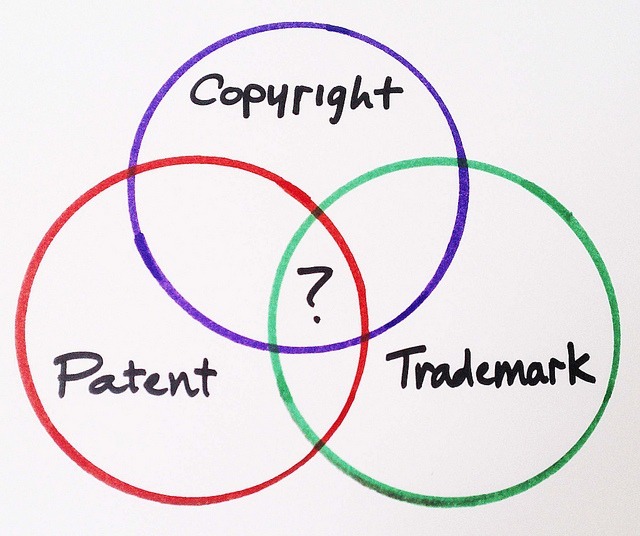Trade Secrets vs. Copyright
by Admin
Posted on 07-06-2024 03:44 PM

The business of starting and running a company is one of most challenging, difficult, and rewarding undertakings a person can confront. The day-to-day effort required to design, produce, market, and sell a successful product or service leaves little time or energy for learning applicable law, especially a highly demanding and specialized area of the law like intellectual property (ip) law. There are, however, some basic concepts that can clarify why ip protection adds significant valve to your company, especially in the eyes of investors.
 The four most common forms of ip protection are patents, copyright, trademarks, and trade secrets.
The four most common forms of ip protection are patents, copyright, trademarks, and trade secrets.
Works Protected By Copyright
Like other celebrities, pop megastar taylor swift has an extensive collection of registered trademarks and copyrights. Taylor swift® was registered in 2007, one year after her debut album was released. Though names are typically not able to be registered with the uspto, celebrities often make the case that their famous name, in connection to official merchandise, should be protected from infringement. Swift’s usage of trademarks for her name, initials, signature, album titles, and even some particularly popular lyrics offers her brand security and exclusivity. Her actual music, however, is not trademarked. Music, including the lyrics, are creative works that earn copyright protection.

A copyright protects works of authorship. Books, photographs, paintings, plays, and even websites can receive copyright protection. Unlike a trademark, which protects owners against others using any mark deemed confusingly similar, copyright protections are limited to the exact piece of work or extremely close replicas. A copyright will not protect concepts or ideas, but rather how those concepts or ideas are expressed. For instance, the concept of a painting about a starry night is not protected, but vincent van gogh’s famous interpretation certainly is. As a copyright owner, you have certain exclusive rights to your work. You have the right to reproduce your work, or to create additional works based on the original piece.
Copyrights are registered by the u. S. Copyright office at the library of congress while the u. S. Patent and trademark office will grant patents and register trademarks. Here is a brief explanation of each type of intellectual property.
A copyright protects a creator’s original work from being used or duplicated without their permission. A trademark protects the reputation of a business that is associated with identifying material such as its logo or slogan. Both are ways of protecting intellectual property.
Whether your business is small, medium, or large, there is no doubt that you have worked incredibly hard to develop your intellectual property, therefore it is important you know how to protect it from theft. Thankfully, by understanding how you can use trademark and copyright law to your advantage, you can ensure that your intellectual assets are safe from misuse. For those new to intellectual property (ip) law, the difference between a trademark and copyright in the uk may not be immediately obvious, however, they both serve very different purposes. One difference is that trademarks must be registered, whereas, in the uk, there is no requirement to register a copyright.